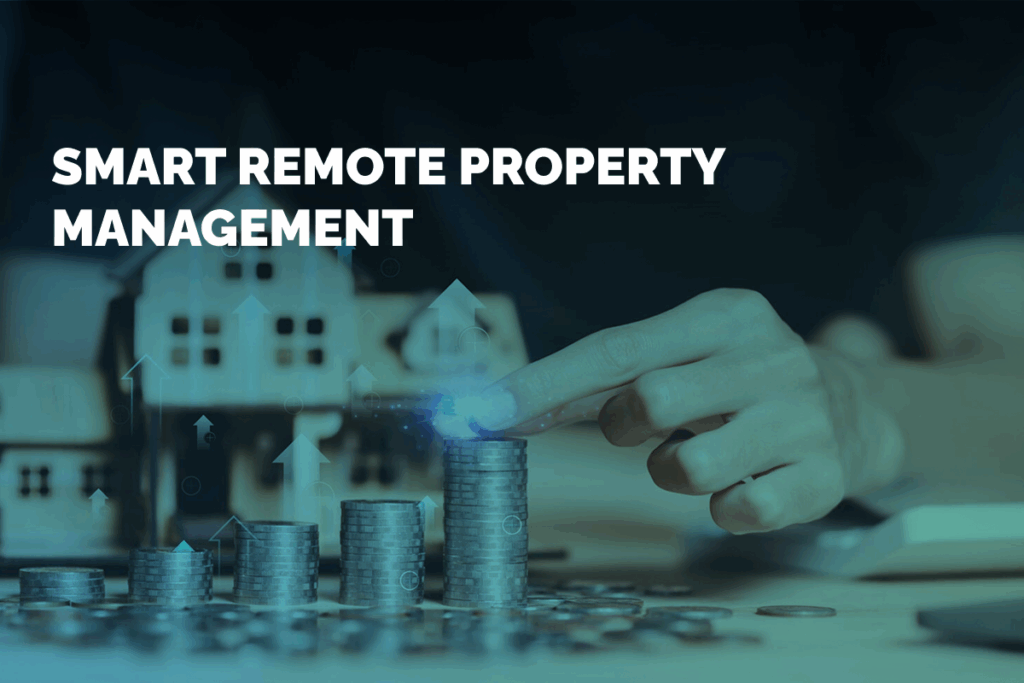In today’s increasingly digital world, managing properties from afar is more feasible—and more necessary—than ever before. Whether you own units in another city or oversee multiple properties across state lines, implementing effective remote management strategies is essential for maintaining operational efficiency, tenant satisfaction, and long-term asset value.
1. Leveraging Property Management Technology
Modern property management software is the cornerstone of successful remote oversight. Software companies like AppFolio, RealPage, and Yardi offer centralized dashboards with multiple integration options which allow owners and managers to monitor rent collection, maintenance requests, leasing activity, and financial performance in real time.
Key Benefits:
- Streamlined communication with tenants and vendors
- Automated rent reminders and late fee enforcement
- Real-time financial reporting and document access
Embracing the right technology can eliminate the need for frequent on-site visits while maintaining high levels of oversight and control.
2. Building a Reliable Local Team
Even from a distance, you need boots on the ground. Partnering with trustworthy local maintenance staff, leasing agents, and property inspectors ensures your property remains in top condition. When selecting local partners, prioritize responsiveness, professionalism, and familiarity with local regulations.
Pro Tip:
Develop clear standard operating procedures (SOPs) for routine tasks and emergencies to maintain consistency and quality, even in your absence.
3. Maintaining Strong Tenant Communication
Clear, consistent communication builds tenant trust and loyalty. Implement digital communication channels—such as tenant portals, email newsletters, or SMS alerts—to keep tenants informed of updates, maintenance schedules, and policy changes.
Effective Communication Helps:
- Reduce misunderstandings
- Increase on-time rent payments
- Boost tenant satisfaction and retention
Proactive engagement can help bridge the physical gap and ensure your tenants feel heard and supported.
4. Conducting Remote Inspections
Regular property inspections are still possible from afar. Schedule periodic virtual walk-throughs using video conferencing tools or hire third-party inspection services to provide photo and video documentation.
Inspection Tips:
- Use checklists to standardize evaluations
- Request timestamped photos for accountability
- Archive reports for compliance and tracking
These inspections help identify potential maintenance needs before they become costly issues.
5. Implementing Software to Maintain Financial Control
Remote property owners must maintain tight control over financial operations. The biggest thing for us is using rental rate and leasing term management software tools like LRO or Rent Maximizer to keep control over rental rates, move-in dates, and how many leases expire in any given month. Automated reporting tools like RealPage business intelligence are essential to tracking property performance in real time.
These systems safeguard against poor site staff decision making and improves overall financial performance.
Conclusion
Remote property management doesn’t mean being hands-off, it means being smart, strategic, and digitally enabled. By adopting the right tools, building local partnerships, and maintaining proactive communication, property owners can manage from anywhere with confidence and control.
At Summerfield Property Management, we specialize in delivering seamless property oversight regardless of your location. Our technology-driven approach ensures your investments are protected, your tenants are cared for, and your goals are achieved—even from miles away.


